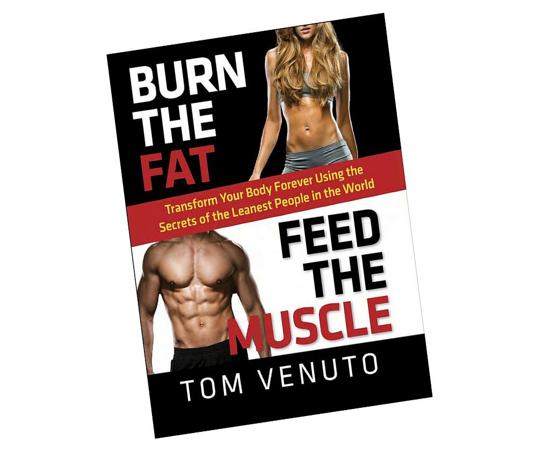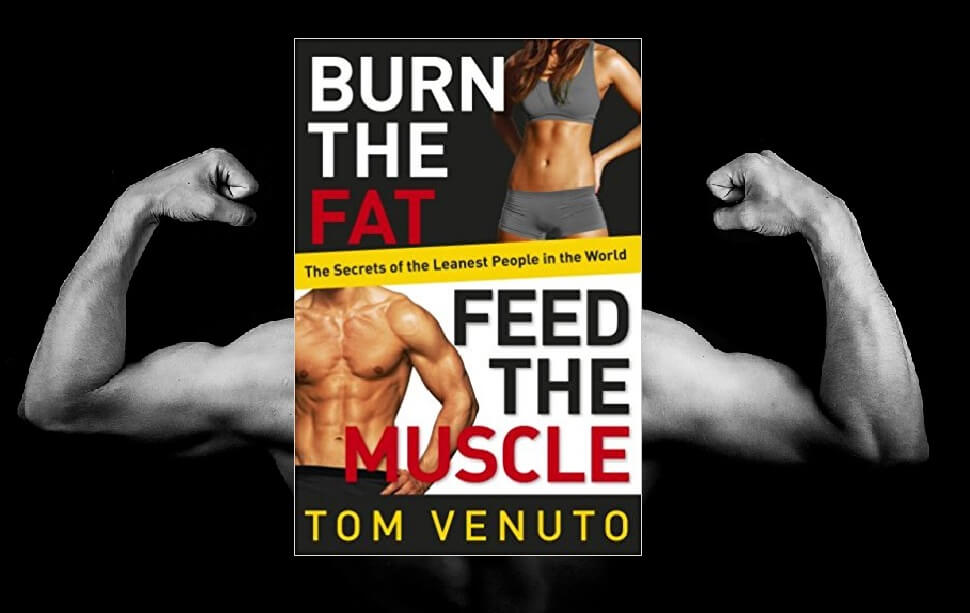Introduction
Are you on a journey to burn the fat and achieve your dream body? The key to successful fat loss lies in not just what you eat, but how you plan your meals. In this comprehensive guide, we will delve into the world of flexible meal planning for fat loss, inspired by the principles of burn the fat Feed The Muscle.
Benefits of Flexible Meal Planning
Flexible meal planning is a game-changer when it comes to shedding stubborn fat. Here are some of the key benefits:
- Personalized approach to nutrition
- Enhanced metabolism and energy levels
- Improved adherence to dietary goals
- Greater flexibility in food choices
- Long-term sustainability for lasting results
Detailed Explanation
Flexible meal planning involves creating a framework that allows you to meet your nutritional needs while enjoying a variety of foods. By understanding your calorie requirements, macronutrient ratios, and meal timing, you can design a plan that supports fat loss without feeling restricted.
Key Elements of Flexible Meal Planning:
- Calorie Deficit: Consuming fewer calories than your body expends is essential for fat loss.
- Macronutrient Distribution: Balancing your intake of proteins, fats, and carbohydrates based on your goals.
- Meal Timing: Optimizing meal frequency and timing to support your energy levels and workouts.
Frequently Asked Questions
1. How do I determine my calorie needs for fat loss?
To calculate your calorie deficit, start by estimating your Total Daily Energy Expenditure (TDEE) and then aim for a moderate reduction to promote gradual fat loss.
2. Can I have cheat meals while following a flexible meal plan?
Yes, incorporating occasional indulgences can help maintain a healthy relationship with food and prevent feelings of deprivation.
3. Is it necessary to track every bite of food I eat?
While tracking can be useful for some individuals, others may find success by focusing on portion control and mindful eating practices.
4. How can I stay motivated during my fat loss journey?
Setting realistic goals, celebrating small victories, and seeking support from a community or coach can help you stay motivated and committed.
5. Are there specific foods that promote fat burning?
While no single food can magically burn fat, incorporating whole foods rich in nutrients and fiber can support your overall health and weight loss efforts.
Conclusion
Embarking on a fat loss journey doesn’t have to mean strict diets or deprivation. By adopting a flexible meal planning approach inspired by burn the fat feed the muscle, you can create a sustainable way of eating that nourishes your body and supports your goals. Remember, the key to success lies in consistency, patience, and listening to your body’s needs.


